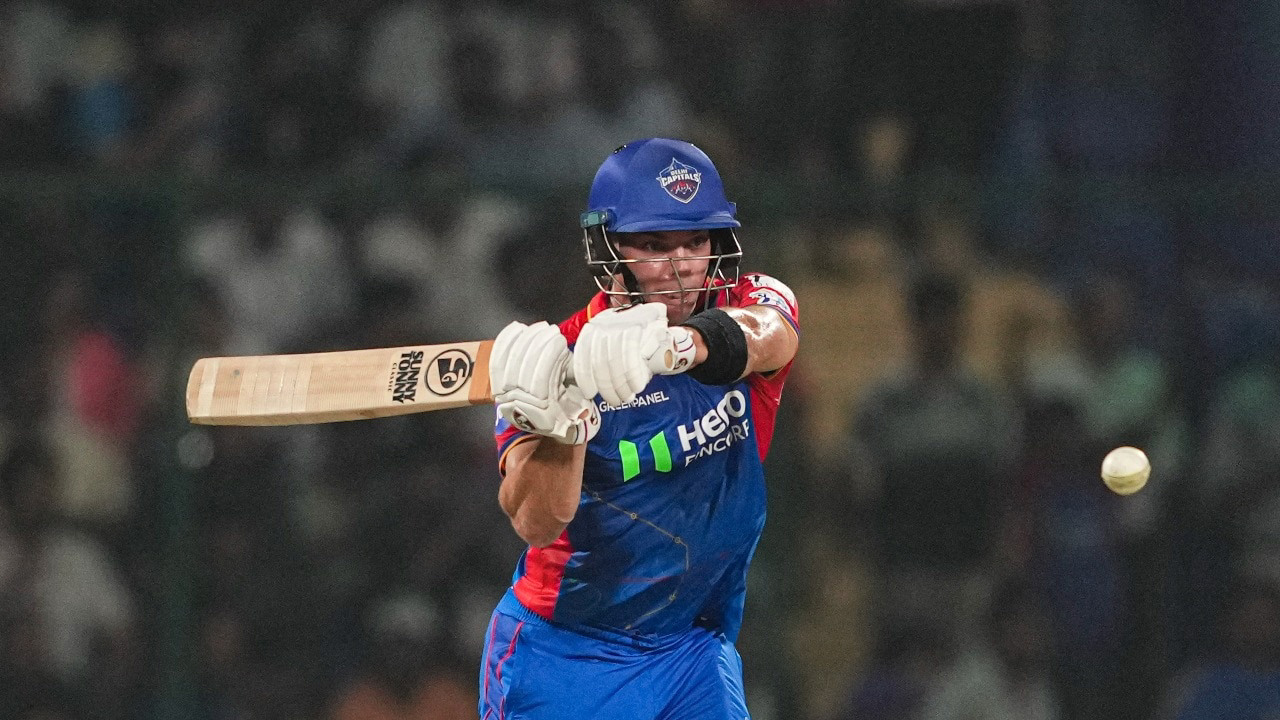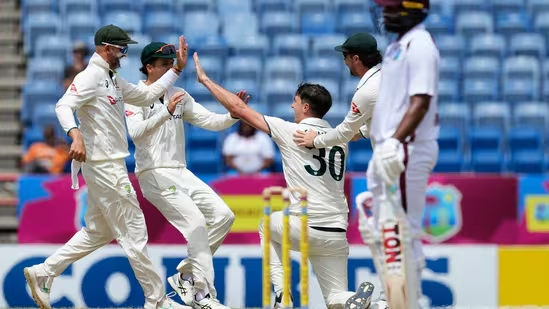The Indian Premier League (IPL), the world’s preeminent and financially rewarding T20 cricket league, is once again under duress — this time not from rival leagues or financial strain, but actual international cricket boards flexing their muscle about player availability. However, this time, it is Cricket South Africa (CSA) who has stepped forward and taken a really strong stance against the Board of Control for Cricket in India (BCCI), and it shows that there is going to be an escalating argument around player availability given the unexpected extension to IPL 2026.
This could have real implications for the franchises, and their playoffs. The best overseas players might potentially leave midway through the business end of the tournament now.
The Setting: Indo-Pak Conflict and IPL 2026 Change
IPL 2026 was not an IPL like any other IPL. Between the Indo-Pak conflict, which forced an unexpected break in the series, as well as BCCI decision to extend the IPL, not just a week to push the playoff stage and the final on or past the scheduled date of May 25.
Originally, all international boards, including CSA, agreed that players would available until May 26, the day after the original scheduled final. However, because the final had moved to June 3 and the league stage itself no longer ended on May 27, this had created a real conflict of interest — concerning South Africa and their players as the players are part of South Africa’s WTC Final squad.
CSA’s Position: No Backing Down
South Africa now needs their players to be back home by May 26 with their original conclusion.
South Africa’s head coach Shukri Conrad said, “the original agreement with the IPL, and the BCCI was, with a final being (May) 25, our players would return on 26; so that it allows us ample time, whether we would then fly out on the 30. Nothing has changed from our perspective.”
We can understand CSA’s concerns. The WTC Final is a significant event and the WTC Final itself requires preparation. Bringing in players at the last moment, after exhaustive IPL schedules are a recipe for uncertainty and team cohesion. Considering that the team are scheduled to depart on the 30th, we’re certain that arrival this late is detrimental to their plans to be ready for the WTC.
Players Affected: IP-ized South Africans
There are several South Africans participating in the IPL right now and who were part of the WTC Final squad:
Kagiso Rabada (Gujarat Titans)
Marco Jansen (Punjab Kings)
Lungi Ngidi (Royal Challengers Bengaluru)
Aiden Markram (Lucknow SuperGiants)
Ryan Rickelton (Mumbai Indians)
Wiaan Mulder (Sunrisers Hyderabad)
Corbin Bosch (Mumbai Indians)
Tristan Stubbs (Delhi Capitals)
Many of those players are key players for their IPL franchises and the reassignment of them will harm team compositions and strategies constructed over the year due to their sudden absence prior to or during the playoffs.
Franchises: BCCI Worse Off
The BCCI has tried to reassure franchises that no overseas players will be compromised by the postponement of IPL matches, but CSA has made it clear where they stand, leaving the BCCI in an awkward position.
Franchises will be affected either way, as the likes of the Gujarat Titans, Delhi Capitals, Sunrisers Hyderabad, and Royal Challengers Bengaluru franchise could be impacted. This could see them missing important players like Rabada, Stubbs, and Ngidi at the business end of the tournament to earn a spot in the playoffs. This would be frustrating to the franchise owners considering the big investments on these players in the auction, and that they expected them to be available for the full playing period.
Also, some teams could face the prospect of calling on low experienced replacements or local reserves which could unbalance the team and the game-day strategies.
The Bigger Picture: IPL vs International Date
Whatever the case, it has reignited the longstanding debate — should T20 leagues take precedence over international cricket?
While the IPL serves as a good source of income and world stage for cricketers, representing one’s country in a final of the stature of the WTC would be considered pride and patriotic duty. CSA clearly thinks in this way and that national loyalty is above franchise cricket, no matter how big a cheque the franchise holds.
It also reflects the growing confidence of smaller boards who are not going to bend to the seemingly total power of the IPL. In recent years, boards such as England, New Zealand and West Indies have enacted tougher rules on player availability during IPL windows, showing there is a shift in thinking on the global stage.
BCCI: To extend or not to extend
BCCI is trapped. Certainly, the IPL because of the unforeseen political climate, may have had to extend, but this decision has now led to frictions with the international boards.
If the BCCI wants the overseas players until the new final date, it will potentially jeopardise diplomatic and also sporting relationships. If they allow them to leave, this could undermine the commercial and competitive integrity of the IPL.
Some ideas include:
Midseason overseas replacements;
Reduced playoff period;
Partial availability negotiation.
None of these ideas are full-proof or without risk. Regardless, clearly the integrity of the tournament is at stake in addition to the BCCI and global board relationship goodwill.
The Future: A Catalyst For Change
All in all, the CSA-BCCI standoff may become a catalyst for cricket governance change. It has shown the tension, increasingly, between national boards and franchise leagues regarding player workload, scheduling and control.
The IPL’s relevance to cricket around the world is unquestionable, but the thrones surrounding it are becoming louder to their boards. If they can’t keep the players to the end of their own tournament, the long-term scenario for cricket in the modern game is certainly changing.
Determining how the BCCI copes with this crisis, or whether CSA is prepared to resolve this chaos will ultimately determine the future context of international cricket and the saga of incessant, expanding T20 leagues.
Conclusion:
The IPL 2026 season, now sorely under the uncertainty of a major rescheduling, has now met some major external issues. CSA does not allow players available after May 26, which gives BCCI a storm it needs to navigate. With most of the top stars jumping ship before the playoffs, franchises and fans now hope for a compromise that aligns the interests of players’ national duties versus a desire to see their franchise. One thing is certain – the fight between club and country is not over in cricket.





